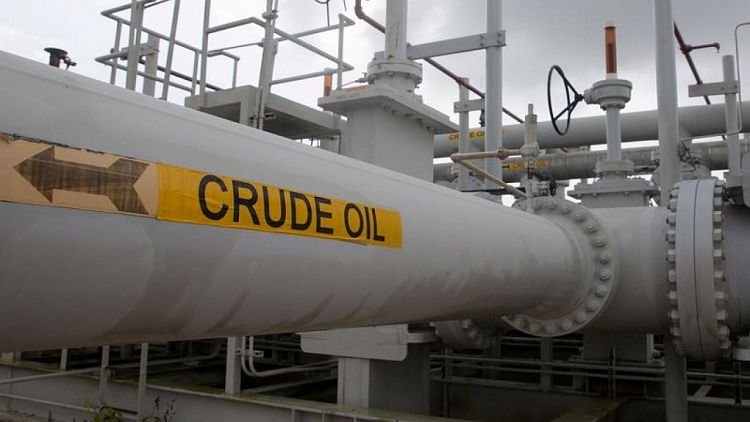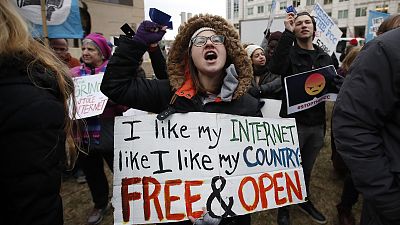By Jessica Resnick-Ault
NEW YORK -Crude oil futures rebounded on Tuesday as market participants vied to take advantage of oil's two-month low touched in the previous session.
Monday's selloff, spurred by demand destruction fears amid rising COVID-19 cases, pushed oil about 7% lower and hit other riskier assets. The oil market was also lower on news that the Organization of the Petroleum Exporting Countries and allies, known as OPEC+, had reached a deal to boost supply in coming months.
"There are bottom pickers trying to get into this dip," said Bob Yawger, director of energy futures at Mizuho in New York.
Brent crude settled up 73 cents, or 1.1%, at $69.35 a barrel after sliding 6.8% on Monday. The global benchmark has fallen from a peak at more than $77 hit in early July - its highest since late 2018.
U.S. crude ended up $1, or 1.5%, to $67.42 in its final day of trading, after hitting a low of $65.21 on Tuesday. The contract fell 7.5% on Monday.
Expiration adds volatility to the market, Yawger said. The next front month, September, rose 94 cents, or 1.4%, to $67.29.
Prices pared gains in afterhours trading after industry figures unexpectedly showed U.S. crude oil and gasoline inventories rose 806,000 barrels and 3.3 million barrels, respectively, last week, according to two market sources, citing the American Petroleum Institute. [API/S]
If confirmed by government figures on Wednesday, a crude stockpile draw would end an eight-week streak of inventory declines. Analysts polled by Reuters forecast a drawdown for both crude and gasoline. [EIA/S]
The market was skeptical that the price increase would last.
"It is hard to see prices staging a comeback unless virus jitters are brought back under control," said Stephen Brennock of oil broker PVM. "The market is clearly unsettled about the demand outlook."
The Delta coronavirus variant has become the dominant strain worldwide, U.S. officials said on Friday.
The variant is unlikely to jeopardise the recovery of global growth, though it could cause "regional hiccups," said Julius Baer analyst Carsten Menke.
Also weighing on the market is the agreement on Sunday by the Organization of the Petroleum Exporting Countries and its allies, collectively known as OPEC+, to increase output from August, unwinding more of the supply curbs put in place when the pandemic struck last year.



